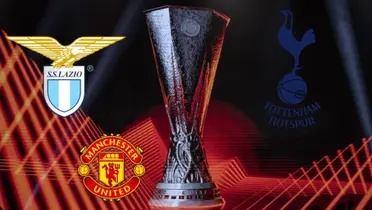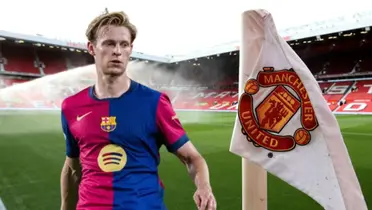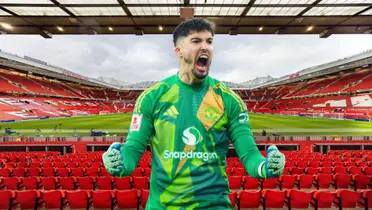Who's in charge at Manchester United? Analysis of American influence vs. other ownership models in the Premier League
Manchester United and the Premier League: Is American influence a model to follow?
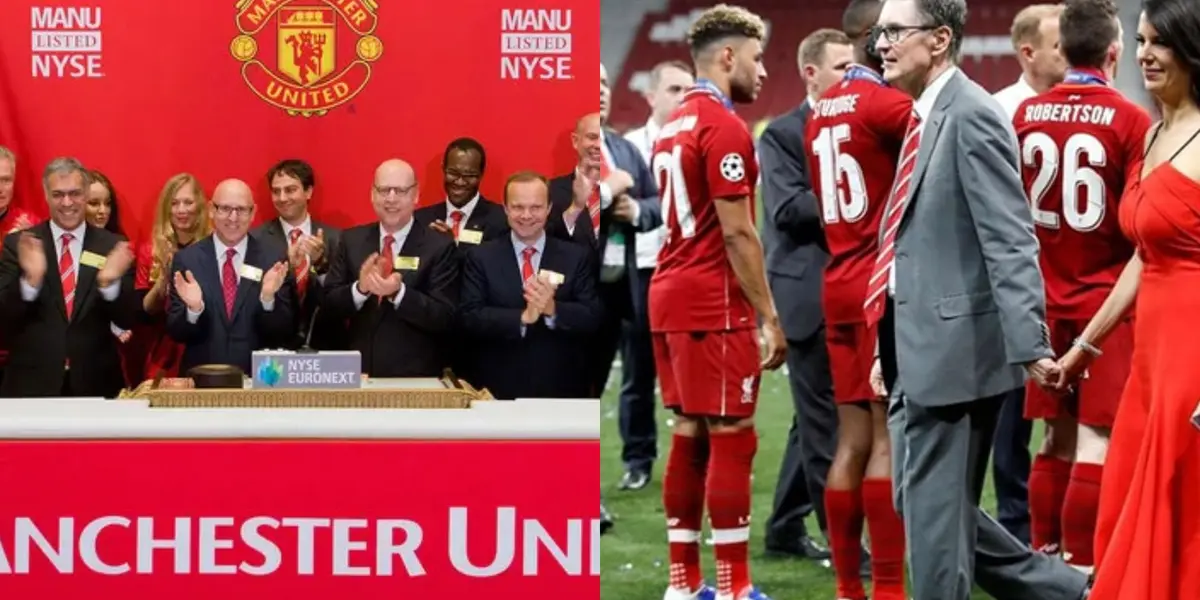
English football, with its rich history and fervent fanbase, has undergone a significant transformation in recent decades, marked by the growing presence of American owners. Manchester United, one of the most iconic and followed clubs worldwide, has become a paradigmatic case study of this trend. The acquisition of the club by the Glazer family in 2005 sparked a wave of debates about the impact of foreign investment and the business management model in the king of sports.
In this analysis, we will thoroughly explore the influence of American owners on Manchester United, comparing it with that of other Premier League clubs that have also adopted this model. We will examine the positive and negative aspects of their management, as well as the differences in their approaches and strategies. Through this comparison, we will seek to determine whether American influence is a sustainable and beneficial model for English football as a whole.
The Glazer legacy at Manchester United: Success or failure?
The arrival of the Glazer family at Manchester United generated great expectations, but also controversy. Their management has been characterized by a focus on economic profitability and global brand expansion. While the club has continued to reap sporting successes, such as the Premier League and the Champions League, it has also accumulated considerable debt and has been the subject of criticism from fans, who question their commitment to the tradition and identity of the club.
In contrast to other ownership models, such as that of Manchester City under the leadership of the City Football Group, which has opted for massive investment in signings and youth talent development, Manchester United has adopted a more conservative approach in the transfer market and has prioritized the commercial exploitation of its brand. This strategy has generated debates about whether the club is prioritizing economic benefits over sporting ones.
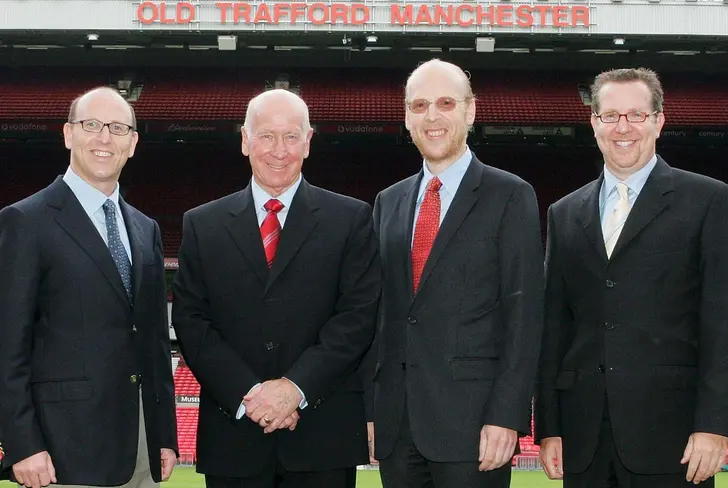
American owners in the Premier League: A growing trend?
The presence of American owners in the Premier League is not an isolated phenomenon. Other major clubs, such as Liverpool and Arsenal, have also been acquired by American investors. This trend reflects the growing globalization of football and the attractiveness of the English market for foreign investors.
American owners are attracted by the potential for growth and profitability of Premier League clubs, as well as the passion and global following that English football generates. Their investment has contributed to the professionalization and commercialization of the sport, but has also raised concerns about the loss of identity and the excessive influence of foreign capital.
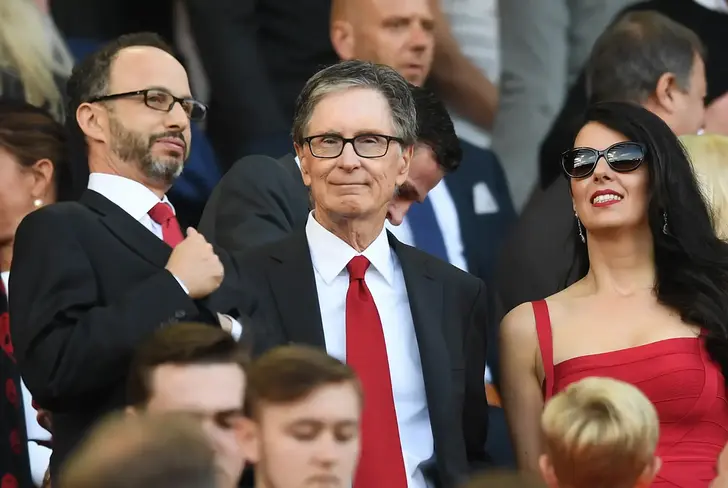
Comparative models: How do clubs with American owners differ?
While they share the nationality of their owners, Premier League clubs with American investment are not homogeneous in their management models. Each has its own particularities and strategies.
Liverpool, for example, under the ownership of Fenway Sports Group, has opted for a sports management model based on long-term planning and youth talent development. The club has achieved significant sporting successes, such as winning the Champions League, without the need to make large outlays on signings.
In contrast, Arsenal, owned by Stan Kroenke, has been the subject of criticism for its lack of sporting ambition and its focus on economic profitability. The club's fans have expressed their discontent with Kroenke's management, whom they accuse of not investing enough in the team and of prioritizing his personal interests over those of the club.
The future of English Football: American dominance or diversity of models?
The future of English football is uncertain. The trend of American investment seems to be consolidating, but there are also voices that advocate for a more diverse and sustainable model, which prioritizes the identity and tradition of the clubs.
It is essential that Premier League clubs find a balance between the professionalization and commercialization of the sport, without losing sight of their social responsibility and their commitment to the fans. Financial fair play and the regulation of foreign investment are key tools to guarantee the competitiveness and sustainability of English football.
Is American influence a sustainable model for Manchester United and other clubs?
American influence at Manchester United and other Premier League clubs has generated a passionate debate about the future of English football. While it has brought benefits in terms of professionalization and commercialization, it has also raised concerns about the loss of identity and the excessive influence of foreign capital.
It is essential that clubs find a balance between economic profitability and sporting passion, without losing sight of their social responsibility and their commitment to the fans. The future of English football will depend on how these challenges are addressed and how the growing presence of American owners is managed.
The influence of American owners in English football is a complex and multifaceted issue, with both positive and negative implications. The case of Manchester United is a clear example of the challenges and opportunities posed by this ownership model.
It is crucial that Premier League clubs adopt a balanced approach, which prioritizes both sporting success and economic sustainability, without neglecting the identity and tradition that make them unique. The future of English football will depend on how this transition is managed and how solutions are found to the challenges posed by the globalization of the sport.
What you should know about American influence in English Football:
- Growing presence: More and more Premier League clubs are owned by American investors.
- Diverse models: There are different management styles and ownership models among clubs with American owners.
- Mixed impact: American influence has had both positive and negative aspects on English football.
- Ongoing debate: There is a debate about whether American investment is beneficial in the long term for English football.
- Uncertain future: The future of English football will depend on how the trend of foreign investment evolves.
More news

The Numbers Don't Lie: Casemiro's Dominance Returns
31/03/2025
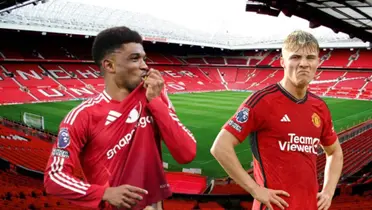
United's Dream Pairing: The Duo Fans Are Eager to See
31/03/2025
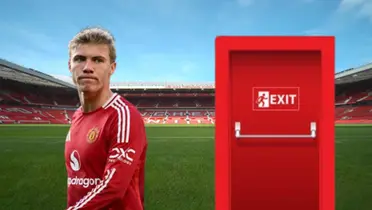
Hojlund's Fate: Will He Stay or Leave Man United?
31/03/2025
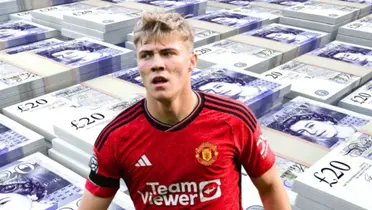
Højlund's Plummeting Value: A Cause for Concern at Man United
31/03/2025
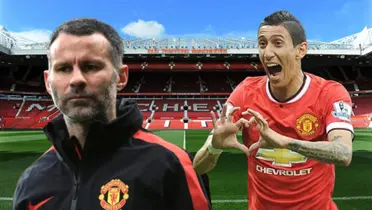
Giggs' Misjudgement: Depay's Free-Kick Hopes Fall Flat
31/03/2025
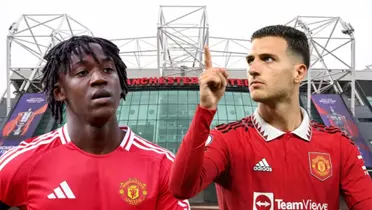
Man United's Summer Clearout: Players on the Chopping Block
31/03/2025

Financial Divide: Man United's Value Dwarfs Olympique Lyon's Squad Cost
30/03/2025

Onana Exit Rumors Swirl: How the Goalkeeper Is Responding
30/03/2025
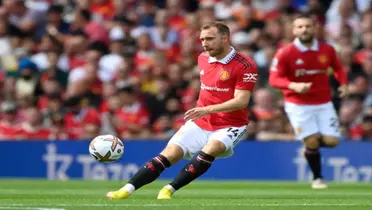
Eriksen breaks the silence about the rumors of not renewing
30/03/2025
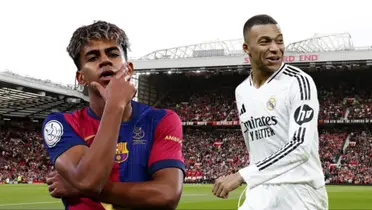
World-Class Player Available: Romano Reveals Transfer Bombshell
30/03/2025

Ugarte's Premier League Insight: Key Differences From Ligue 1 Revealed
30/03/2025
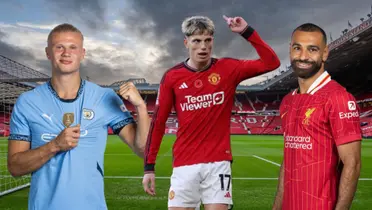
Garnacho Outshines Salah and Haaland: A Stunning Statistical Triumph
29/03/2025
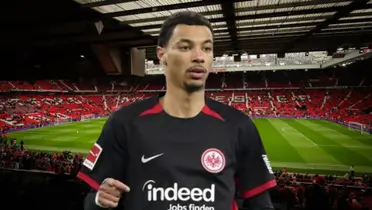
Ekitike's Staggering Stats: Why Man United Are Keen
29/03/2025
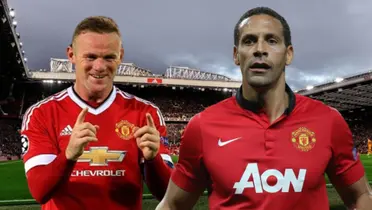
Beyond Legends: The United Player Who Rewrote Investment History
29/03/2025
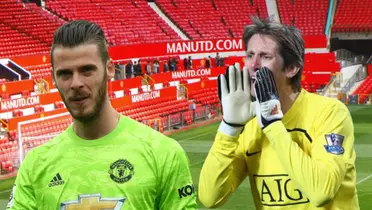
Manchester's Goalkeeping Giants: Who Reigns Supreme?
29/03/2025
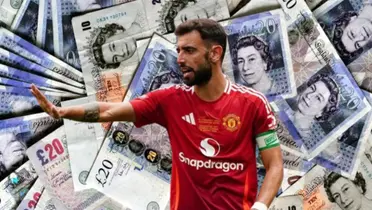
Fernandes' Fortune: Unveiling the Price Tag of United's Captain
29/03/2025
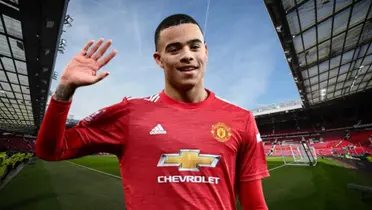
The Manchester United jewel that was rumoured for Barcelona ended up in an exotic league
29/03/2025
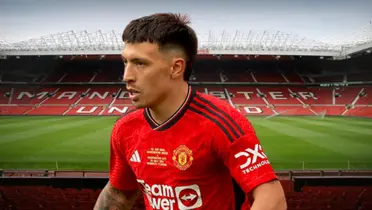
Father's Faith Pays Off: 100 Pound Bet on Son's United Debut
29/03/2025
